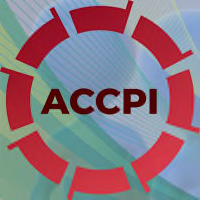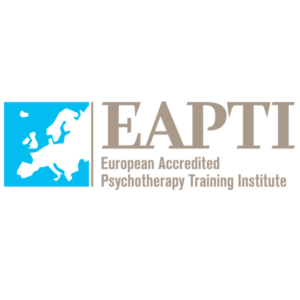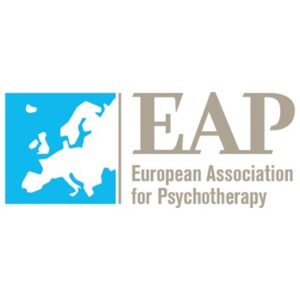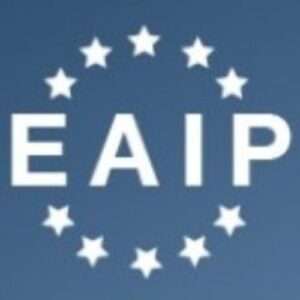Psychotherapeutic Education
Anyone who already holds a bachelor's degree in the social or human sciences.
The pan-European standard for psychotherapy education includes at least four years of training at postgraduate (after a bachelor's degree) level.
The study of psychotherapy implies a combination of general and special education, which includes knowledge of the functioning of the psyche and knowledge of the techniques of intervention in the psyche, which is focused on the therapeutic result, including the theoretical framework of the intervention, practical skills, and knowledge of the peculiarities of ethical activity.
Essential elements of psychotherapeutic education are:
– Theory and methodology;
– Work on literature;
– Clinical practice under supervision;
– Personal Psychotherapy
Psychotherapeutic Activity
- Anxiety or decreased ability to concentrate;
- Problems coping with stress or getting out of stressful situations;
- Mistrust and shyness;
– Depression, low mood, sadness, feeling of emptiness;
– Mood swings;
– Difficulty establishing or maintaining relationships, or fear of starting a new relationship.
– Sexual problems;
– Any kind of loss: job loss, divorce, physical loss;
– Eating disorders;
– Desire to self-harm;
– Obsessive behavior;
– Panic attack and phobia;
– Various addictions and others.
– Psychological Trauma
Psychology and psychotherapy are two independent fields. To master each of them, it is necessary to receive appropriate education. A psychologist can work as a psychotherapist only after receiving the relevant post-graduate education, which includes 1400 specialized hours after obtaining the qualification of a psychologist.
Psychotherapy and psycho-counseling use different methodologies and working mechanisms of intervention in the human psyche. The psychoconsultant is obliged to refer the individual to a psychotherapist if his needs are beyond the qualification framework of psychoconsultation.
European Accredited Program of Integrative Psychotherapy
EAPTI accreditation is the highest educational category awarded by the European leader of the field, the European Psychotherapy Association. Only the International Academy of Mental Health and Integrative Psychotherapy owns the category from Georgia. This accreditation standard allows graduates of the program to apply for and obtain the European Certificate in Psychotherapy ECP by direct award.
The program is accredited by the European leader of the field, the European Association for Psychotherapy EAP, and the European Association for Integrative Psychotherapy, European Wide Accreditation Organization. The high academic status of the graduates of the program is confirmed by the cooperation between the European Association of Psychotherapy and the World Council of Psychotherapy around the world. The education of the graduates of the program is fully recognized by authoritative professional societies and allows them to participate in the activities of leading organizations in the field as full members.
In order to successfully complete the program, it is necessary to take full hours of the program, including, but not limited to, attending the lecture component, working on the literature, completing written assignments, and successfully completing the examination and research component and the clinical practice component.
ECP – European Certification of Psychotherapist
ECP – European Certificate of Psychotherapy is a certification standard developed by the European leader of the field, the European Psychotherapy Association, which confirms the specialist's compliance with the European standard of psychotherapist's basic competencies.
In order to obtain the ECP certificate, a proven education as a psychotherapist is required, which includes all the competencies, including the theoretical and practical components, which are necessary for the formation of a person as a psychotherapist. The minimum duration of psychotherapist education is 4 post-diploma years. The ECP certificate can be obtained by direct award only after completing a program accredited by the European Association of Psychotherapy with the recommendation of the EAPTI institution.
Information about ECP specialists is reflected in the European Register of Psychotherapists and is available to any interested person, potential employer and clients. After awarding the certificate, the specialist will also be given a printed version of the certificate.






